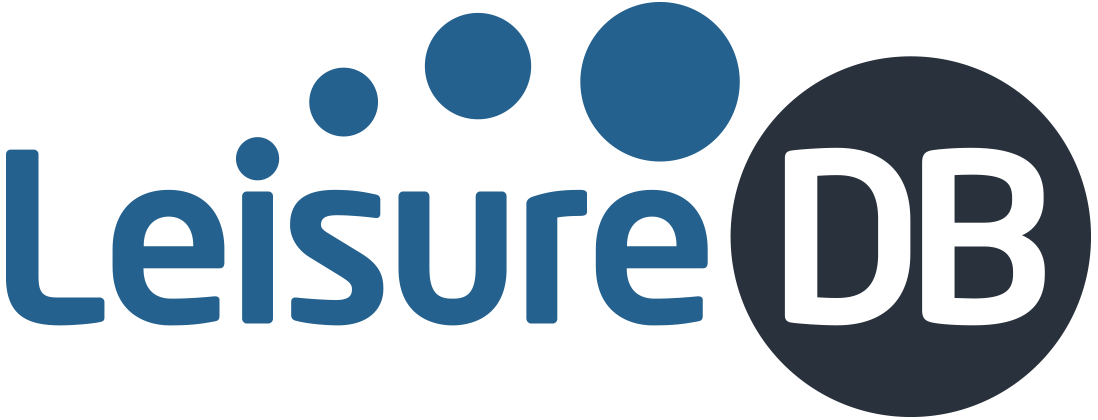Gerald Ratner, in 1991, achieved notoriety in the UK after making a speech in which he jokingly denigrated two of the jewellery products sold by his company. The so called ‘Ratner Effect’ caused the company’s near collapse. In the USA the hashtag #DeleteUber started trending in January and so far, 2017 for Travis Kalanick, Uber’s CEO, it’s been annus horribilis. Although Kalanick has stepped down from Trump’s advisory council, prompting another mea culpa, the embattled ride hailing company is still surrounded by controversy. Uber’s troubles have resulted in market share gains for Lyft, it’s main competitor, according to TXN Solutions which tracks debit and credit spending. Uber spend across the US has declined since January by 2% while Lyft has jumped 30% on average. In Uber’s home city, San Francisco, spend was down 8% while Lyft jumped 24%.
For IHRSA attendees in Los Angeles the ride hailing service Lyft became the de facto service and for those with ApplePay, a Lyft (get it?) was just a finger touch away…how simple and intuitive. Lyft’s use of the latest technology provides a seamless digital gateway of choice and many lessons for the fitness industry. Consumers are in control and brands need to stop interrupting with bad technology and trying to sell unwanted products or services and instead start having smart conversations and start listening. Lyft has that conversation and is listening after every ride and if it wasn’t perfect, how could it have been better. When did you receive a request to rate your instructor, the class, the PT, the club even. For me? Never. Those fitness brands who offer transparency of pricing are growing faster than ever and the same brands are open about the good, and maybe not so good, conversations they are having with their customers but they listen and respond. Peer reviews of the workout, instructors and the all-important experience keeps everyone on their toes.
At the Networking Roundtable chaired by Bryan O’Rourke, operators degraded the heritage CRM systems that the industry is suffering under. So, will traditional CRM systems be dead in 5 years time? Probably. Some heavy competition is being tested in California. Reserve with Google, gives deeper booking integration so local search, which relies on live timetable APIs, becomes more transactional. Previously booking buttons would link away to a third party provider but now its deeply integrated. Mindbody, Full Slate, Front Desk, Appointy are all currently live on Reserve with Google and ZingFit, MyTime and Genbook are coming soon. Only Mindbody were demonstrating this integration at IHRSA but hopefully all will be there next year in San Diego. More competition is coming from Facebook who have recently added local reservations and integrated bookings. Its Events calendar has been turned into a standalone app, allowing groups of friends to book and buy activities together. Airbnb are linking the consumer to a world of fitness experiences which taps Airbnb’s community to offer highly curated opportunities. Even Yelp is accelerating adoption of local listings to include payments and bookings. It won’t be long before Amazon make an announcement in this area, linked to Alexa searches. All these companies, plus Apple, have fitness teams analysing the industry and how they can disrupt it, search and bookings is an obvious one.






